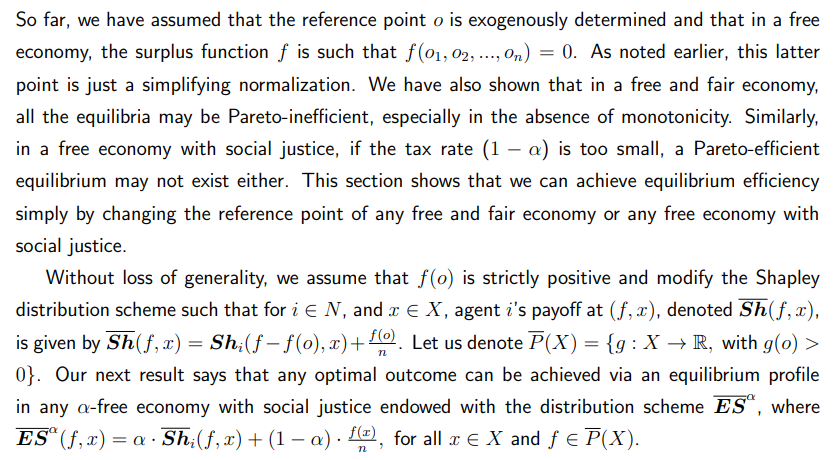GMX Announces Multichain Launch, Adding Permissionless Trading to Base Network

GMX, a top-perpetual trading decentralized exchange that uses LayerZero as its engine, has just announced the official release of Multichain. The fast-evolving world of decentralized finance keeps growing steadily with this major development that will allow the platform to expand its established trading infrastructure to Base network and beyond. This chain has the potential to transform the process of how traders access cross-chain liquidity within the DeFi ecosystem.
A Track Record based on Volume and Trust
The credentials of GMX say a lot about its position on the market. The platform has already done more than 325 billion trades among 720,000 users on Arbitrum, Avalanche, Botanix and Solana and has become a giant in decentralized perpetual exchanges. This success is not new to the Multichain launch, which may indicate that the new infrastructure would enable these figures to increase dramatically.
GMX has chosen LayerZero as its messaging partner after a majority vote of 75.5% by the community members, which indicates that the platform is adhering to decentralized governance. This joint venture not only offers cross-chain bridge in an actual sense but also offers GMX the capacity to grow to cover more than 125 chains and retain all the contracts and security facilities in its possession.
The Multichain Benefit – Chainless Trading Experience
GMX Multichain is a trading experience that provides a chainless trading experience via LayerZero integration. Users do not have to manually bridge assets or must hold different positions in networks any more they can access GMX in any EVM blockchain that is supported.
The first launch is with Base, the Coinbase Layer 2 network where advanced trading functionalities are availed to 1.3 million users. Base is an optimal extension of Ethereum security with reduced transaction cost and a perfect growth opportunity to the unified liquidity strategy of GMX.
The integration offers rapid, zero-slip transfer with battle hardened infrastructure with billions of dollars invested in its reliability. Such reliability is essential to DeFi, in which bridge attacks have historically cost users billions.
Wider Implications to DeFi interoperability
The Multichain launch by GMX deals with one of the largest DeFi issues fragmented liquidity across blockchains. Traders used to have a choice of deep liquidity on established chains or trying newer networks. Giving up this friction, GMX becomes in the vanguard of the next stage of DeFi development.
GMX is not the only cross-chain trend. The latest integrations such as the AUSD0 launch by Agora on LayerZero show the increased institutional belief in omnichain infrastructure. The introduction of Chain-link to Aptos through its CCIP explains that the team has already developed protocols that focus on interoperability to attract liquidity wherever it can be found.
To users, Multichain removes the distresses of DeFi. Rather than having to operate with many wallets, bridging assets and tracking positions across chains, traders are now able to use GMX on whichever network they wish. The cross-chain complexity occurs without seeing it via the LayerZero infrastructure.
Conclusion
The growth of GMX shows the direction of DeFi, effective protocols will compete based on eliminating friction and not necessarily add functionality. With the increasing clarity of regulations and institutional interest, infrastructure across networks with security is priceless. The model used by GMX to maintain control over the contracts and their safety and to extend their reach is a case study of how to roll out multi-chain expansion.
With 720,000 current users of GMX, who brought in a volume of $325 billion, Multichain improved their experience. It offers advanced trading tools to the 1.3 million users of Base and other users in support chains that have only access to limited networks. With DeFi being decentralized between solutions based on Layer 1 and Layer 2, the future industry will be characterized by protocols that ensure consistent liquidity.
You May Also Like

The Role of Reference Points in Achieving Equilibrium Efficiency in Fair and Socially Just Economies

American Manufacturing Has A Private Equity Problem
